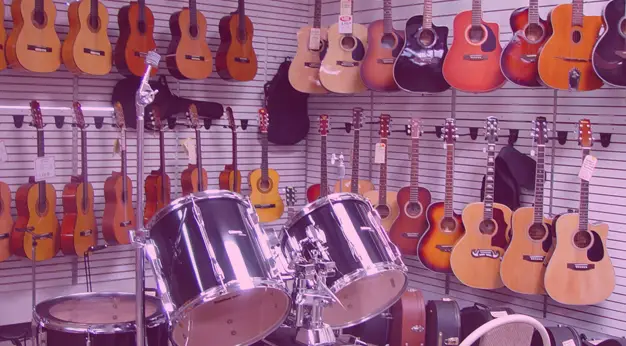Creating music requires a powerful and efficient workstation that can handle the demanding tasks of recording, editing, and producing audio. Building a music production PC allows you to customize your setup according to your specific requirements, ensuring optimal performance and reliability.
In this comprehensive guide, we will walk you through the process of building a music production PC from scratch, covering everything from choosing the right components to optimizing your system for seamless audio production.
How to Build a Music Production PC
Building a music production PC involves a careful selection of components that can handle the resource-intensive tasks of music production. Here are the key steps to building a music production PC:
- Understanding the Requirements: Familiarize yourself with the specific requirements of music production to identify the essential components and their specifications.
- Choosing the Right Components: Select a powerful CPU, sufficient RAM, fast storage, a compatible audio interface, and a reliable motherboard and PSU to ensure smooth music production performance.
- Software Requirements for Music Production: Install a suitable digital audio workstation (DAW) and essential plugins and virtual instruments for music production.
- Building Your Music Production PC: Plan your budget, select the appropriate components, assemble the PC carefully, and install the operating system and software.
- Optimizing Your Music Production PC: Adjust BIOS settings, update drivers, manage power settings, optimize disk performance, and tweak latency settings for optimal music production experience.
FAQs
Can I use a pre-built PC for music production?
While pre-built PCs may work for basic music production, building a custom PC allows you to tailor the components to your specific needs, offering better performance and customization options.
How much RAM do I need for music production?
For music production, it is recommended to have at least 16GB of RAM. However, if you work with large projects or use resource-intensive plugins, 32GB or more may be beneficial.
Do I need a dedicated sound card for my music production PC?
While modern motherboards often provide decent onboard audio, a dedicated audio interface or sound card can significantly improve audio quality and reduce latency, making it a worthy investment for serious music production.
Should I prioritize CPU or GPU for music production?
Music production primarily relies on CPU performance. While a dedicated GPU can assist with certain tasks like visual effects, the CPU should be the primary focus when building a music production PC.
Can I use a laptop for music production?
Laptops can be used for music production, but desktop PCs offer more customization options, better cooling, and potential for future upgrades. However, high-performance laptops with sufficient processing power can handle music production tasks effectively.
How can I reduce latency in my music production setup?
To reduce latency, use an audio interface with low-latency drivers, adjust buffer settings in your DAW, and ensure your PC’s components, particularly the CPU and RAM, are capable of handling real-time audio processing.
Conclusion
Building a music production PC allows you to create a powerful and tailored workstation that meets your specific needs as a music producer.
By carefully selecting the right components, optimizing your system, and following best practices for workflow efficiency, you can enhance your music production experience significantly.
Take the time to plan, research, and build your music production PC, and unlock new levels of creativity and productivity in your music-making journey.
Related Post:
- The Edge of Seventeen Chords: A Comprehensive Guide for Guitar Players
- Stand by Me Chords: A Soulful Melody That Stands the Test of Time
- Working Class Hero Chords: Unleashing the Power of the Everyman Anthem
- Mastering “Hey Jude Chords”: A Comprehensive Guide to Playing the Iconic Beatles Song
- The Edge of Seventeen Chords: A Comprehensive Guide for Guitar Players
- The Ultimate Guide to “I Walk the Line Guitar Chords”
- Tennessee Whiskey Guitar Chords: A Soulful Melody for Your Strings



